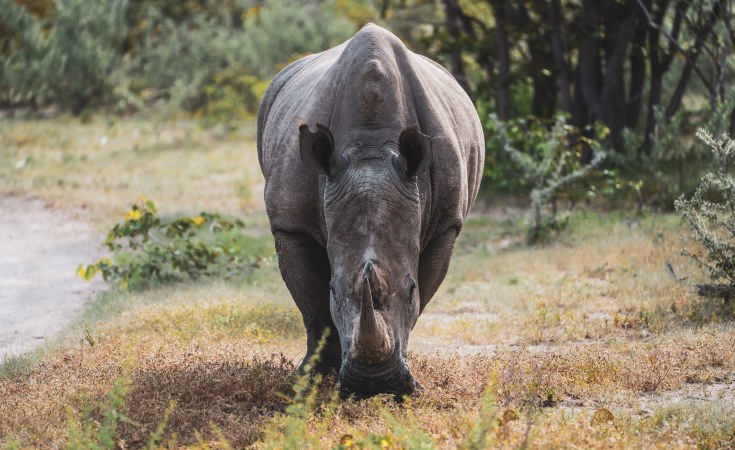In what will likely be the world's largest mass translocation of rhinos, conservation groups are planning to move 300 rhinos a year for the next 10 years to locations across South Africa and elsewhere on the rest of the continent.
Conservation groups in at least four African nations (Namibia, Zimbabwe, Zambia and Kenya) have offered to "rewild" the first contingent of up to 3,000 South African rhinos -- an operation shaping up to be the world's largest mass translocation of this increasingly threatened species.
Just short of 2,000 rhinos -- previously owned by private rhino rancher John Hume -- were purchased recently by the Johannesburg-based African Parks non-profit conservation group with funding from anonymous philanthropists. This came after Hume ran out of money to feed and protect his private herd, but drew no bidders at an auction earlier this year.
As this number of rhinos cannot be moved immediately en masse, Hume's former herd of semi-wild rhinos is expected to keep growing to reach as many as 3,000 over the next decade while African Parks attempts to find new habitats that are secure and ecologically suitable within South Africa and other parts of the continent.
African Parks' chief executive, Peter Fearnhead, has likened the coming moves to a second "Operation Rhino", reminiscent of the pioneering 1960s initiative by the former Natal Parks Board to translocate some of the last surviving populations of southern white rhinos to other wildlife...


